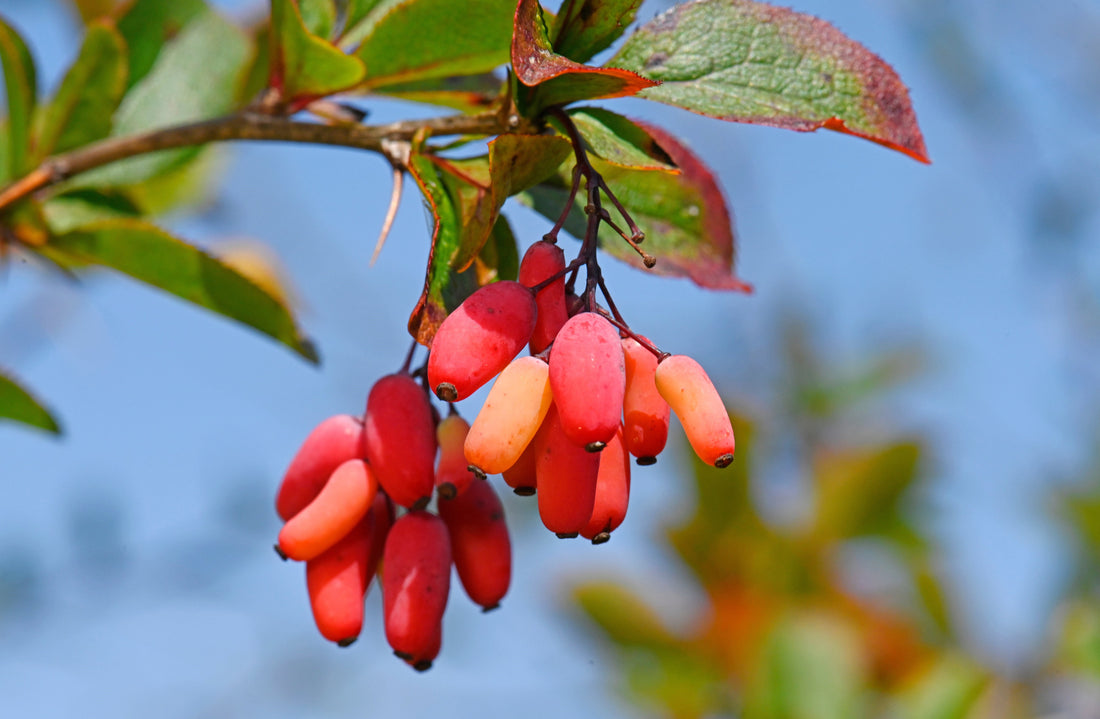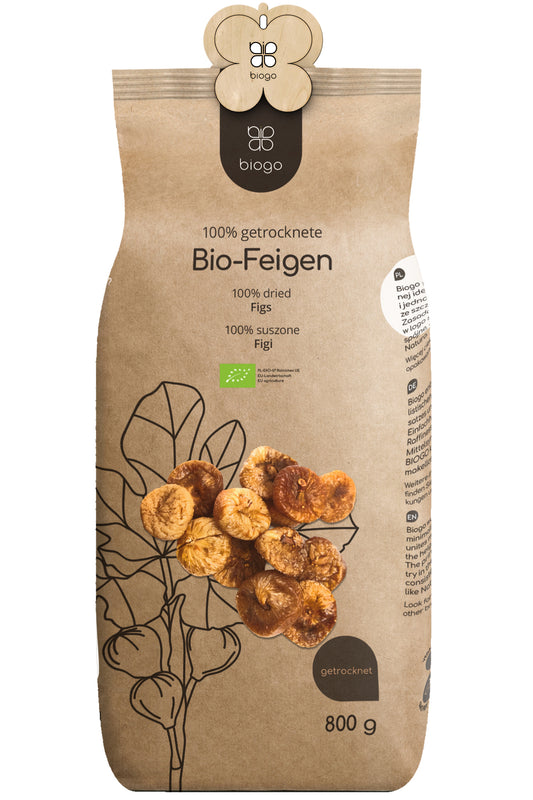Contents:
- What is berberine and where does it occur?
- What properties does berberine have?
- When is it worth using berberine?
- Contraindications and side effects of berberine
Berberine , a natural plant alkaloid, has long held an important place in traditional Chinese and Ayurvedic medicine, where it is used to treat a wide range of ailments, from digestive problems to infections. In recent years, thanks to advances in scientific research, berberine has gained popularity in the West, becoming of interest to both people seeking natural health-enhancing methods and scientists seeking to understand its precise mechanisms of action. Let's take a closer look at its properties and uses, and examine when it's worth using and how it can support our health on various levels.
What is berberine and where does it occur?
Berberine is a broad-spectrum plant alkaloid that occurs naturally in many plants, including barberry, skullcap, and goldenseal. Berberine activates AMPK, an enzyme that regulates cellular energy balance, which translates into the regulation of blood sugar levels, lipid metabolism, and mitochondrial function. This process not only helps combat diabetes and obesity but also improves the body's overall metabolic function. The alkaloid berberine is a substance valued in both natural medicine and modern pharmacological research for its antibacterial and anti-inflammatory properties, as well as its ability to lower blood sugar levels. Thanks to these properties, berberine is used in the treatment of various conditions, including infections, digestive problems, and as an adjunct in the treatment of diabetes and heart disease.
What properties does berberine have?
Berberine is a compound with versatile properties, and the use of supplements containing berberine extract can contribute to the regulation of glucose and lipid metabolism. It is particularly beneficial in the treatment and prevention of type 2 diabetes and cardiovascular disease. Berberine also has potent antibacterial and anti-inflammatory properties, making it effective against infections and able to reduce inflammation, improve digestive health, and support liver function. Furthermore, thanks to its antioxidant properties, berberine can protect cells from free radical damage, thus contributing to the overall improvement of the body's condition:
- supports antidiabetic treatments,
- influences the reduction of:
- blood sugar level
- cholesterol levels,
- blood pressure
- improves the intestinal microbiome by regulating the number of bacteria,
- protects the liver from damage and supports its regeneration process,
- has an antioxidant effect, removes free radicals and protects the body from premature aging,
- has anti-inflammatory properties and protects the intestinal epithelial barrier,
- supports the immune system,
- has antiprotozoal and antifungal properties, combats among others: Chloroquine-resistant malaria, Trichomonas vaginalis, Giardia lamblia, Candidia, Penicillium, Aspergillus, Cryptococcus .
When is it worth using berberine?
Due to its ability to regulate blood sugar levels, berberine is particularly recommended for people struggling with conditions such as type 2 diabetes. Thanks to its properties, it can significantly support blood sugar control, which is important for people with this condition. Due to its positive effect on the lipid profile, it is also recommended for people struggling with cholesterol problems—both high LDL cholesterol and triglycerides.
People at risk for cardiovascular disease may find natural support in berberine thanks to its anti-inflammatory effects and ability to improve endothelial function. It's also worth noting that, due to its antibacterial properties, berberine may be helpful in treating some bacterial infections and inflammation. Given its broad spectrum of activity, berberine is a promising alternative for people seeking natural methods to support the treatment of the aforementioned diseases.
Contraindications and side effects of berberine
While berberine, like any medication, is valued for its health benefits, it can also cause side effects, especially when used incorrectly or in excessive doses. The most commonly reported side effects are gastrointestinal problems such as abdominal pain, nausea, vomiting, diarrhea, and constipation. In some cases, it can also cause a drop in blood sugar levels below normal (hypoglycemia), which is especially important for people with diabetes. Allergic reactions are less common. In addition, berberine may interact with some medications, including anticoagulants and liver-metabolized medications, requiring caution and consultation with a physician before starting supplementation. Please note that although it is natural, it is not completely safe for everyone. Therefore, it is important not to exceed recommended dosages and to follow specialist recommendations. Berberine should not be used:
- pregnant and breastfeeding women,
- Children, as there are no adequate studies on the safety of using berberine in children,
- People with low blood pressure,
- People with low sugar levels,
- People with liver or kidney disease,
- People taking certain medications, as berberine may interact with various medications, such as anticoagulants, antidiabetics, and those metabolized by the liver.
THE PUBLISHER'S CHOICE
Dried dates 1 kg BIOGO
- €4,21
€4,95- €4,21
- Unit price
- / per
Almonds 1 kg BIOGO
- €11,69
€13,75- €11,69
- Unit price
- / per
Peeled sunflower seeds 1 kg BIOGO
- €3,04
€3,57- €3,04
- Unit price
- / per
Dried organic mango 400 g BIOGO
- €10,99
- €10,99
- Unit price
- / per
Dried White Mulberries 500 g ORGANIC
- €5,84
€6,87- €5,84
- Unit price
- / per
Popcorn (corn kernels) organic 1 kg BIOGO
- €5,84
- €5,84
- Unit price
- / per
Organic Ground Turmeric 500 g BIOGO
- €5,92
- €5,92
- Unit price
- / per
Milk thistle seeds 1 kg BIOGO
- €3,99
- €3,99
- Unit price
- / per
Dried organic figs 800 g BIOGO
- €30,12
- €30,12
- Unit price
- / per
Bag #changezbiogo Cotton v.2
- €3,27
- €3,27
- Unit price
- / per






































































































































